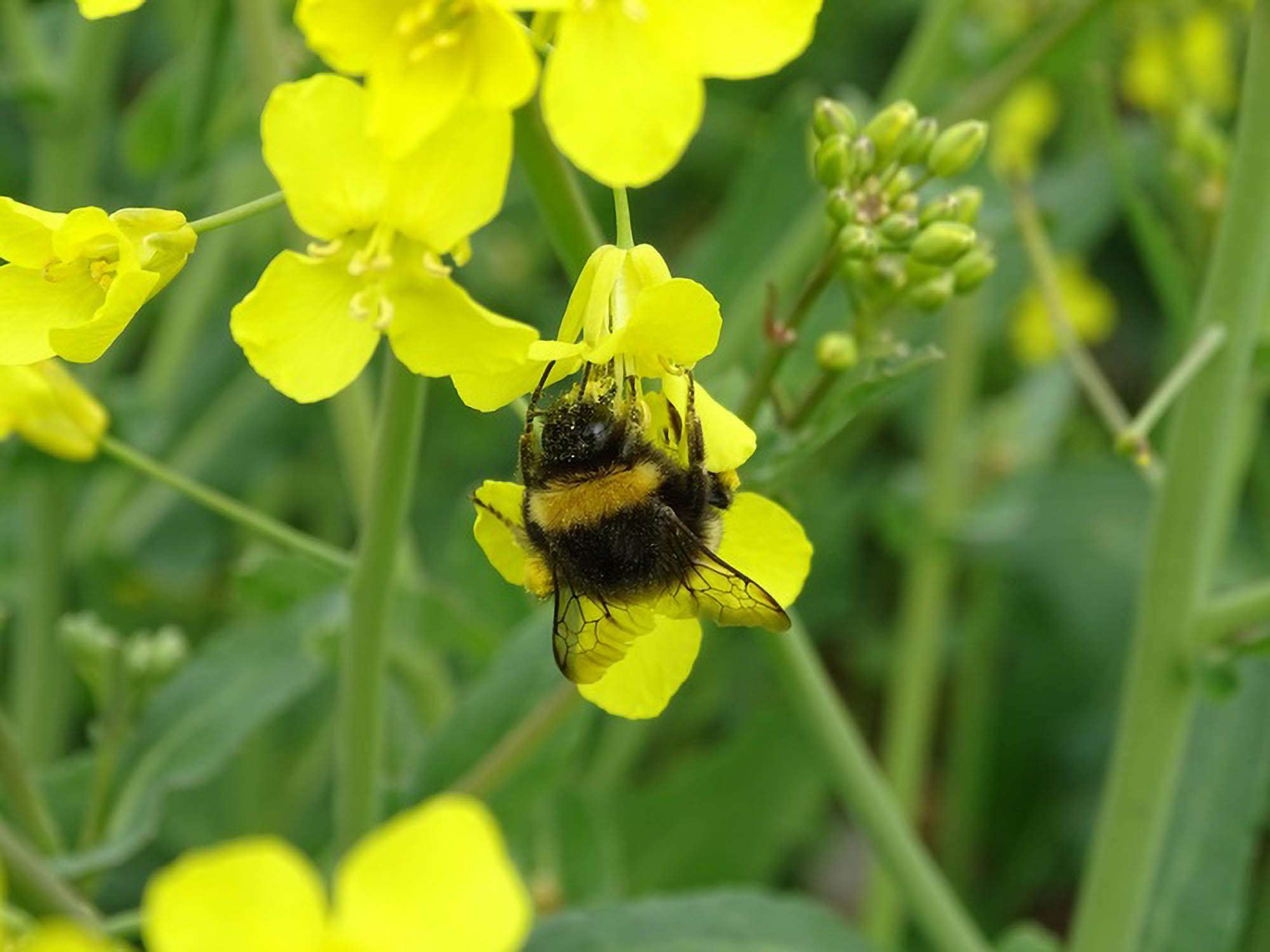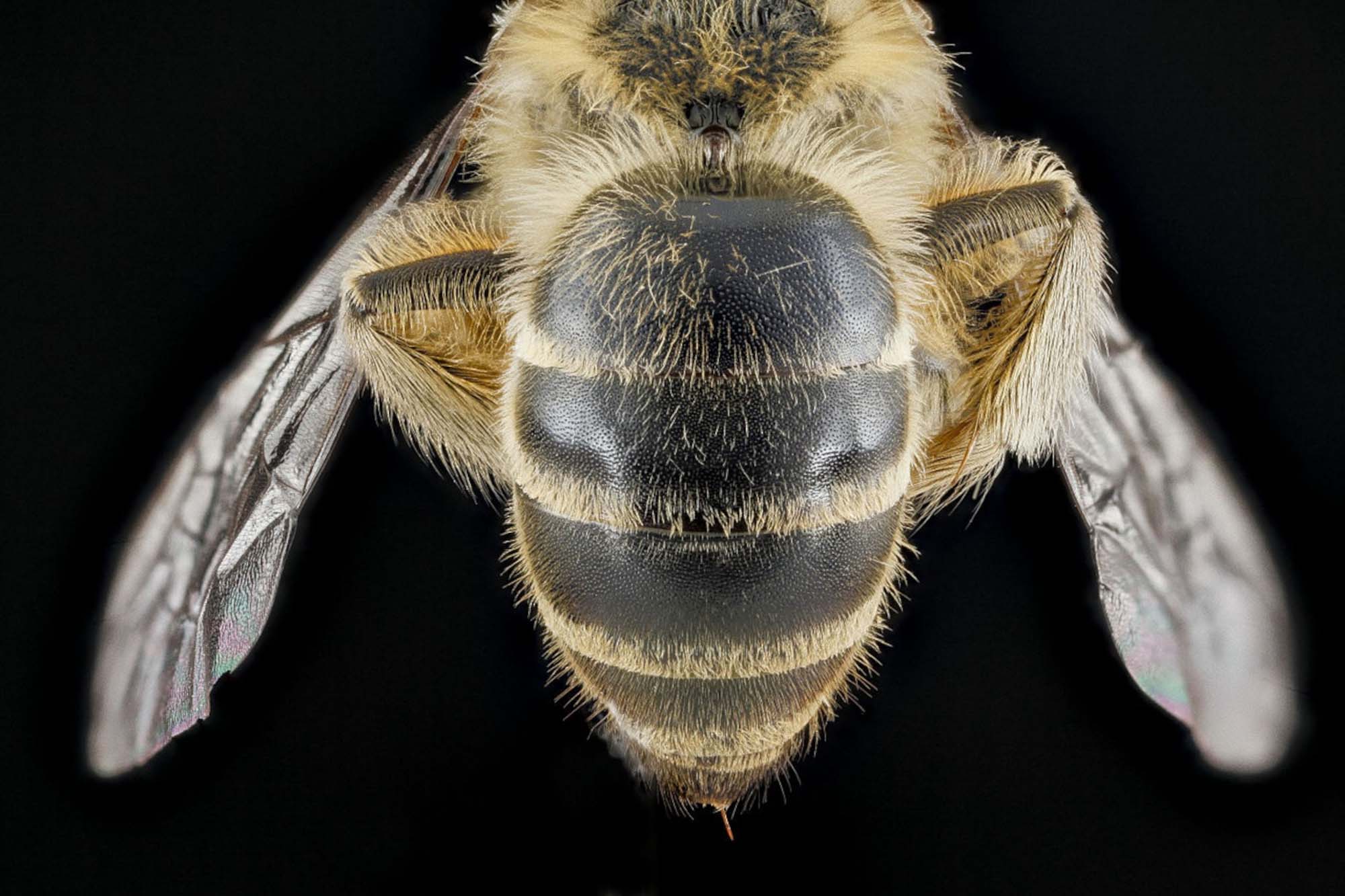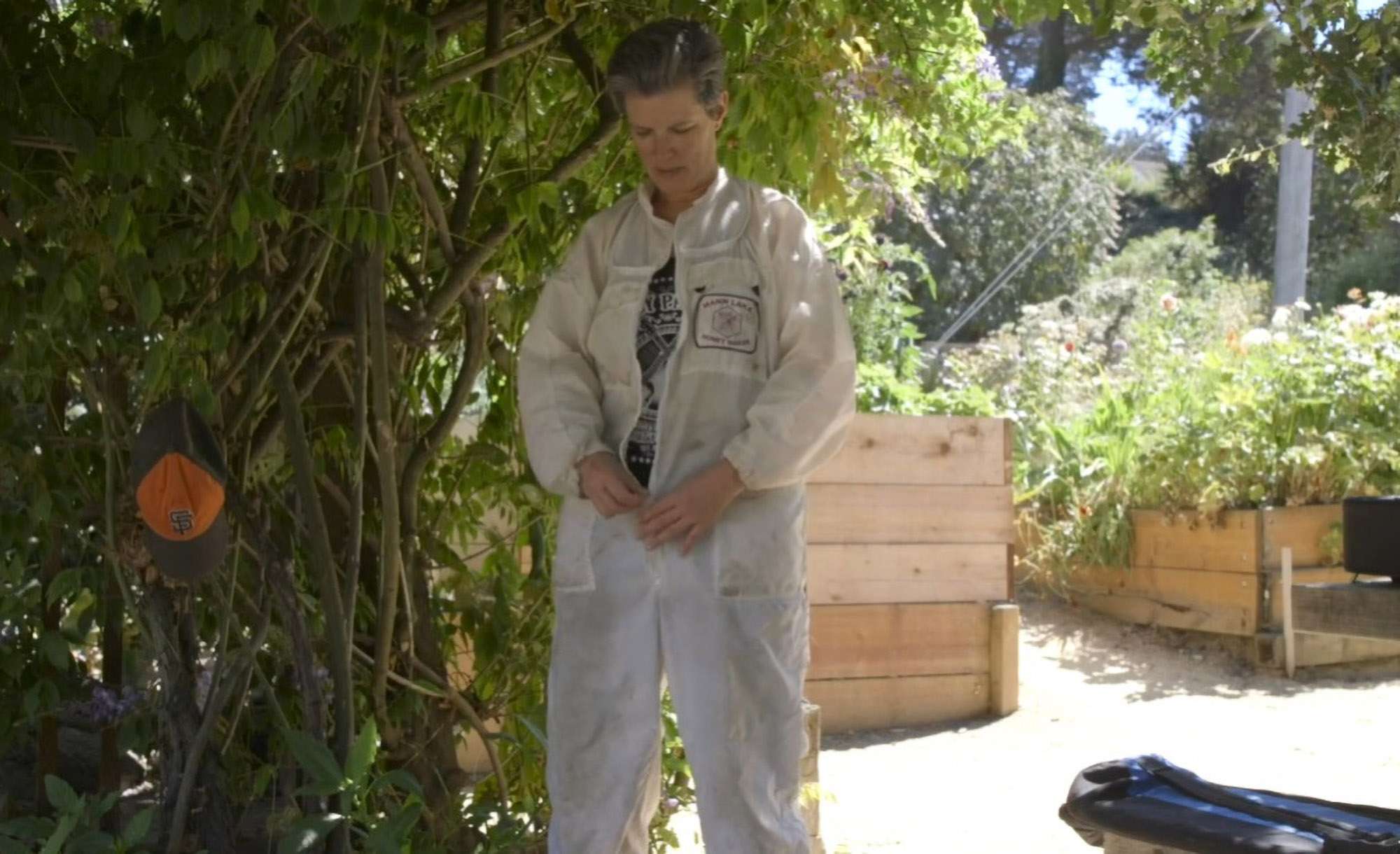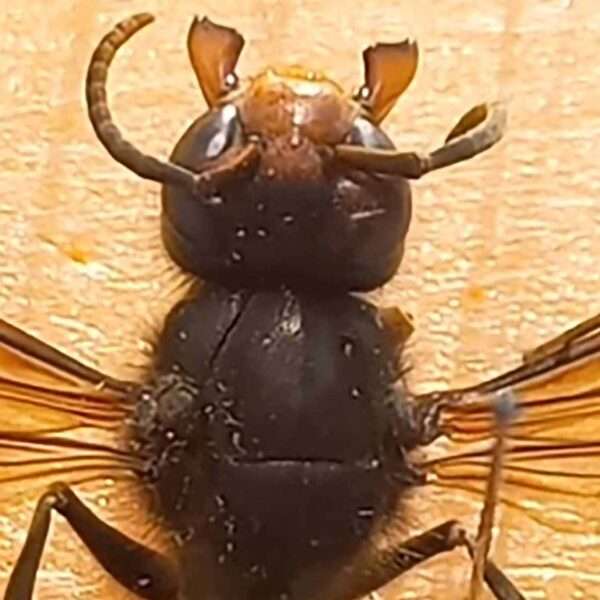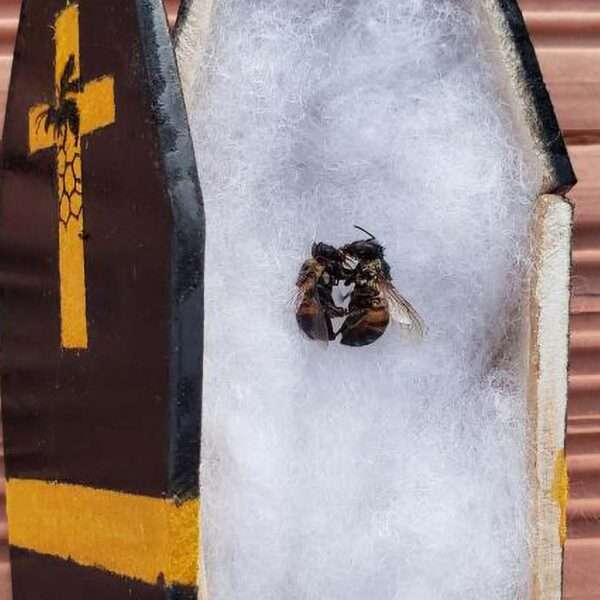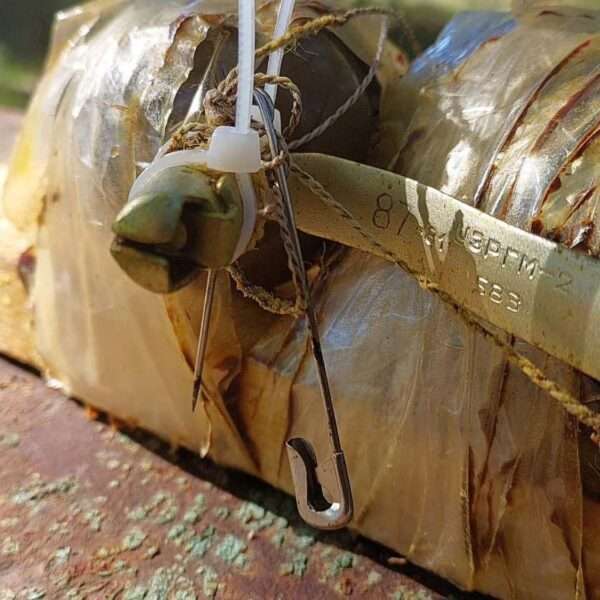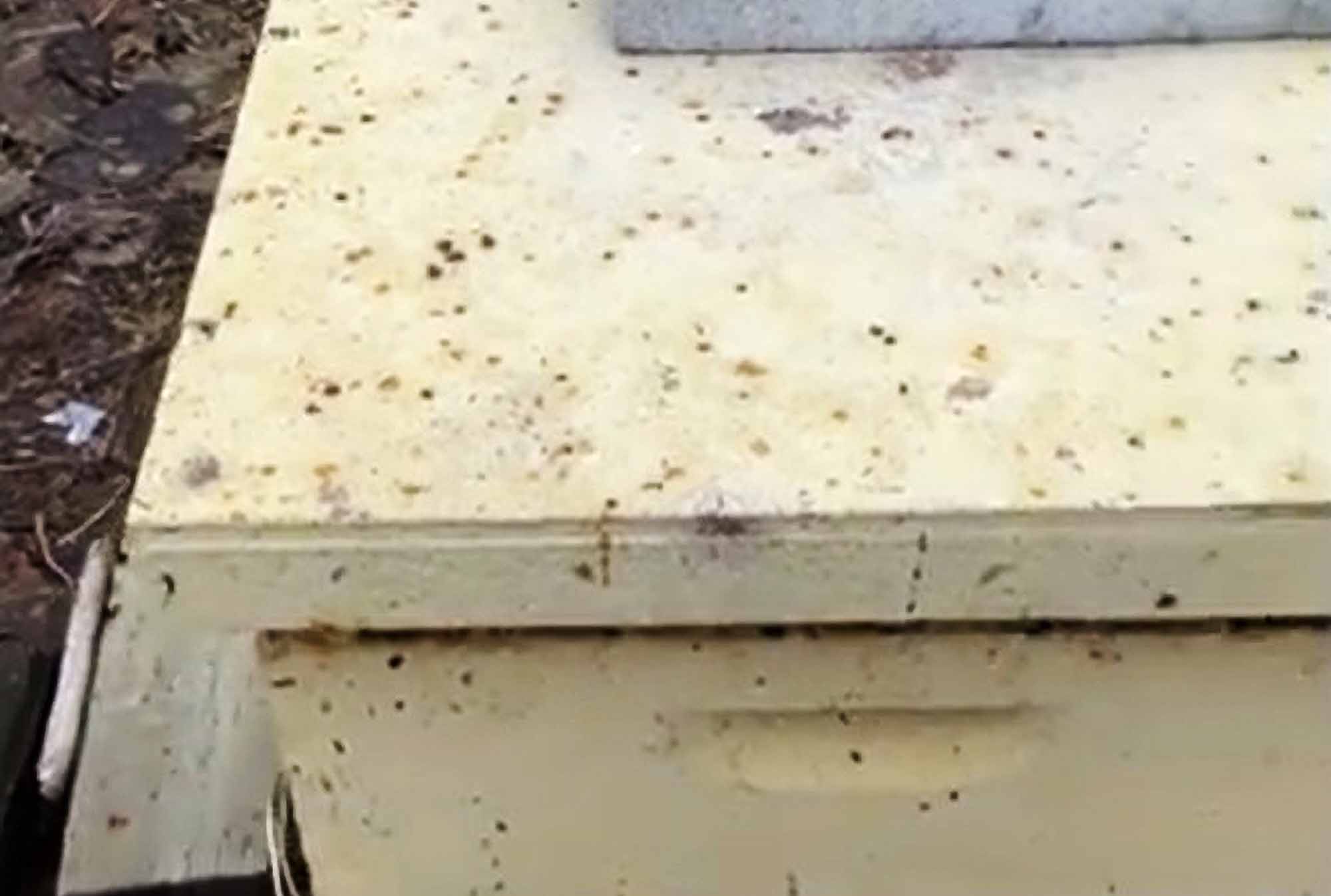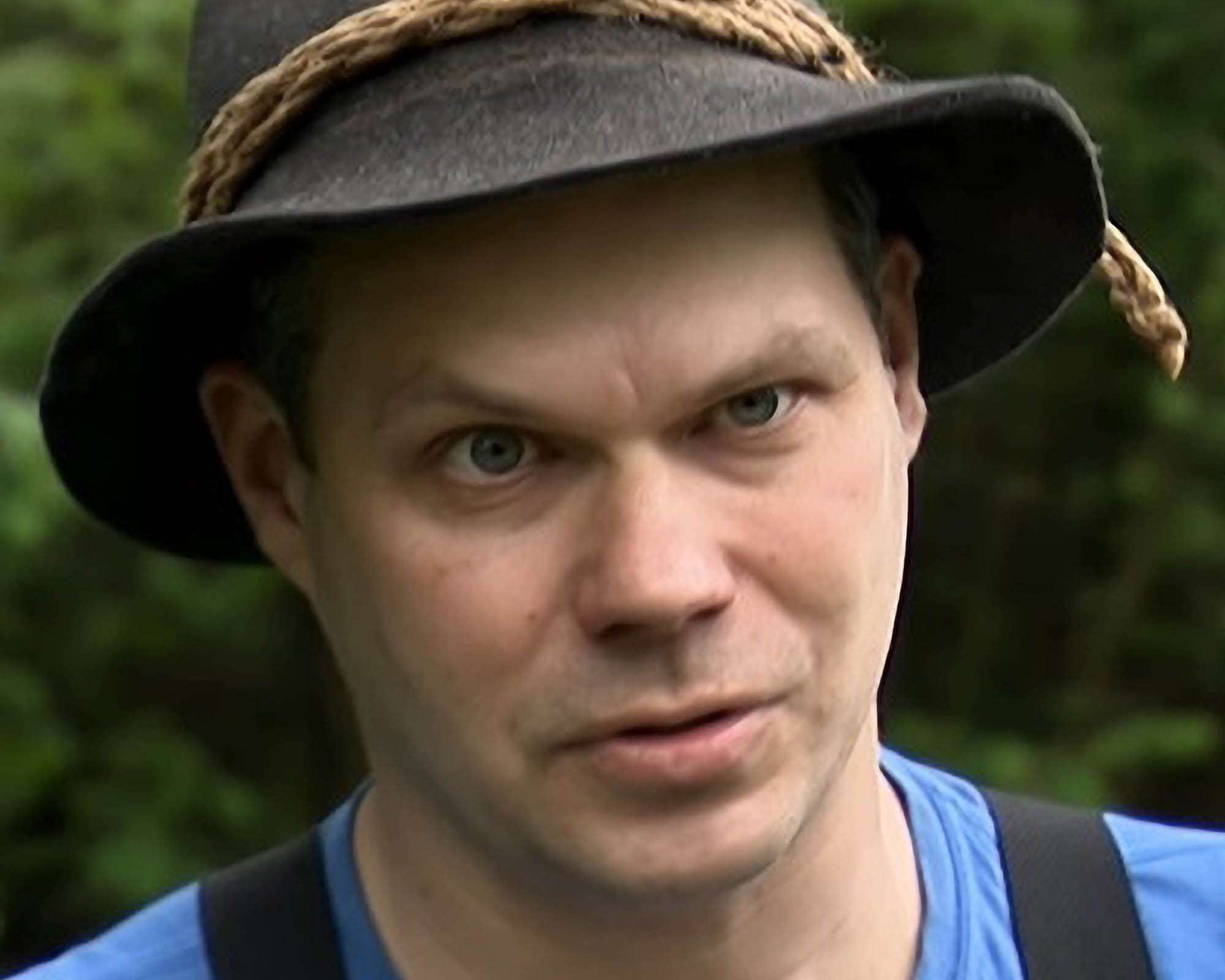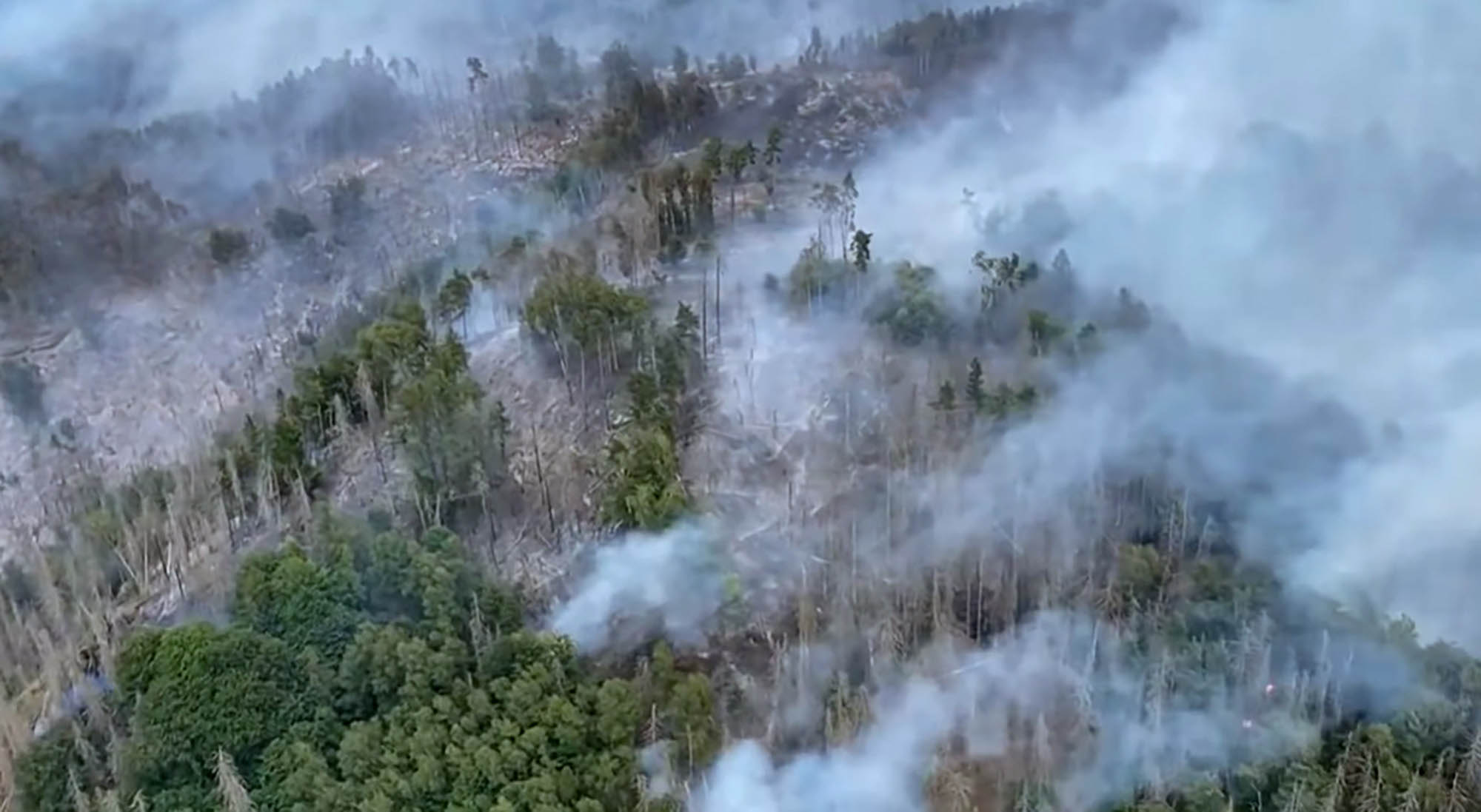Rising temperatures could mean less pollination, a Swedish study on bumblebee queens suggests.
Researchers at Lund University found that the insects – which set out to find new nesting sites in spring – were flying earlier in the year as a result of higher temperatures and changes in agriculture.
Biodiversity expert Maria Blasi Romero warned: “We risk losing additional bumblebee species and having less pollination of crops and wild plants. Across Sweden, we see that the increased temperatures due to climate change clearly affect when the queens wake up and fly to find a new nest.”
Queens are the only bumblebees that survive the winter. When spring arrives, they search for nesting spots to lay eggs and start a colony.
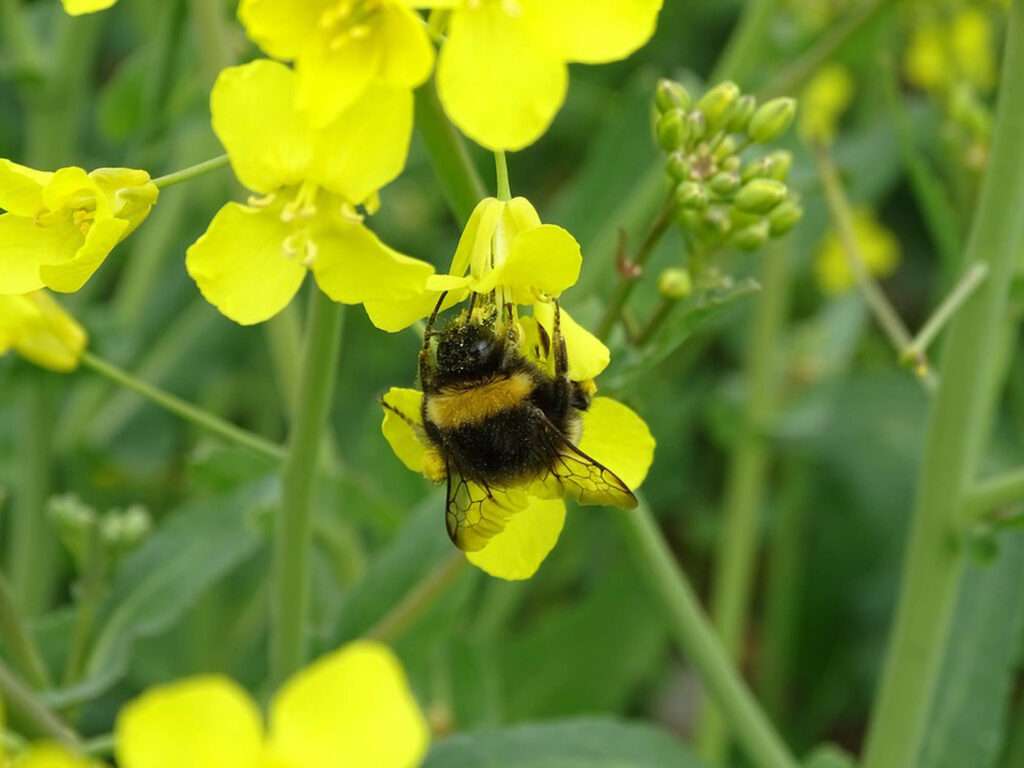
The science news platform Phys.org warns: “Rising temperatures mean that they wake up earlier in the year. The new study shows that in Sweden, the first flight occurs on average five days earlier than twenty years ago.”
The Lund University scientists used the Lund Biological Museum‘s collection to examine bumblebee queens that lived more than 110 years ago to find that the first bumblebee flight in intensively farmed landscapes now takes place around two weeks earlier than over a century ago.
Phys.org reports: “The major change in the examined landscapes during the past century is the loss of grassland habitats, such as meadows and permanently grazed pastures. Today, large agricultural fields dominate and often only a few different crops are grown. This has led to a general decline in farmland biodiversity.”
Anna Persson from Lund University’s Centre for Environmental and Climate Science explained: “We see a clear risk that more bumblebee species are at risk of extinction locally, especially the species that usually emerge later in the summer. This could also lead to a decline in the number of bumblebees overall and that would have consequences for the pollination of crops and the functioning of ecosystems.”
Anna underlined: “Bumblebees are important pollinators, especially in northern latitudes such as in Scandinavia.”
The Lund University researchers informed that the introduction of flower strips and the preservation of natural grasslands would help to reduce climate change’s harmful impact on pollinators.
Bumblebees are solitary bees. They are engaged pollinators. Bumblebees collect nectar but do not convert it into honey.
Prof Christina Grozinger is an entomologist at Pennsylvania State University in the United States She recently warned: “Studies suggest that populations of a quarter of all bee species globally, including half of all bumblebee species, have fallen significantly.”

